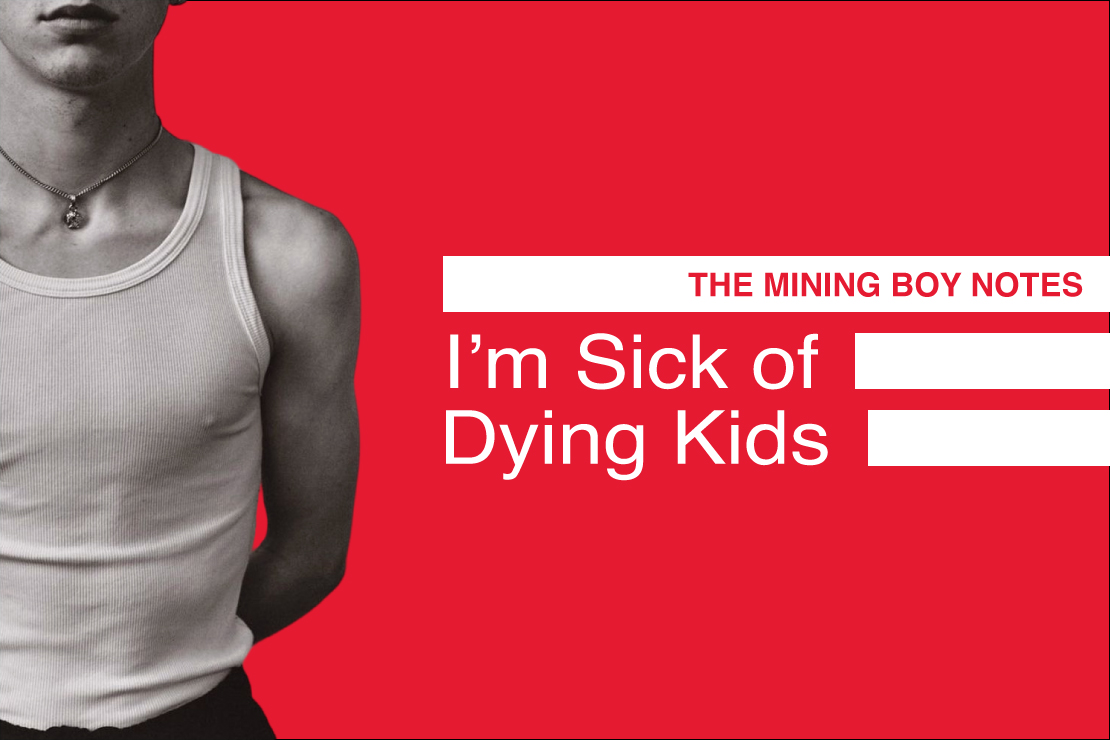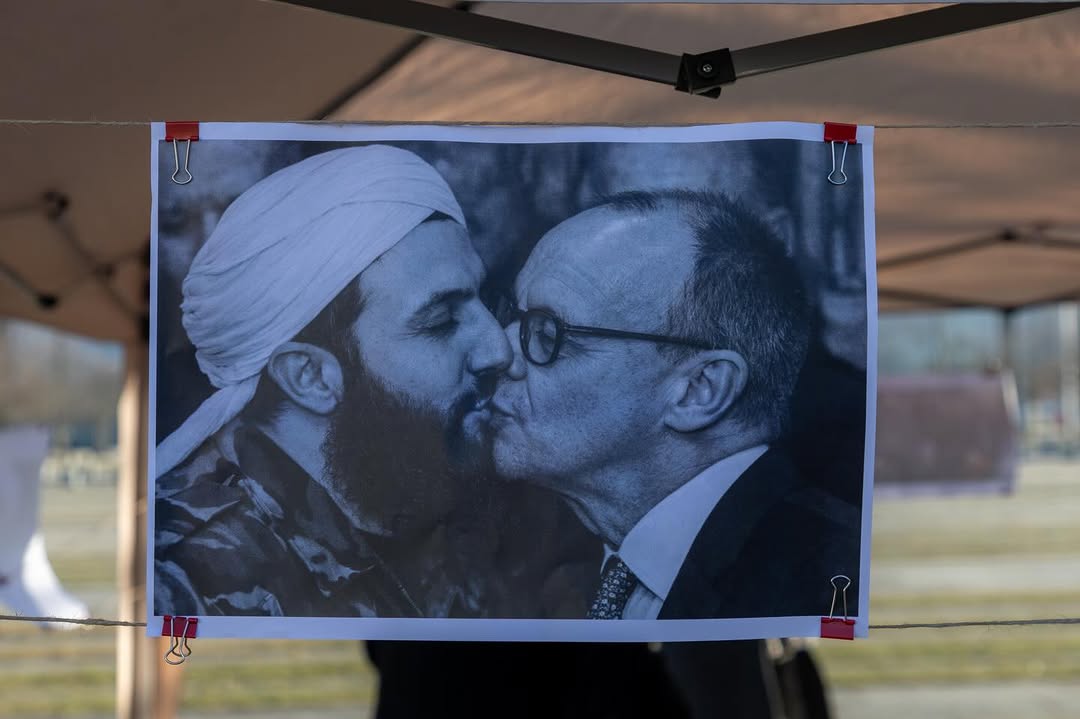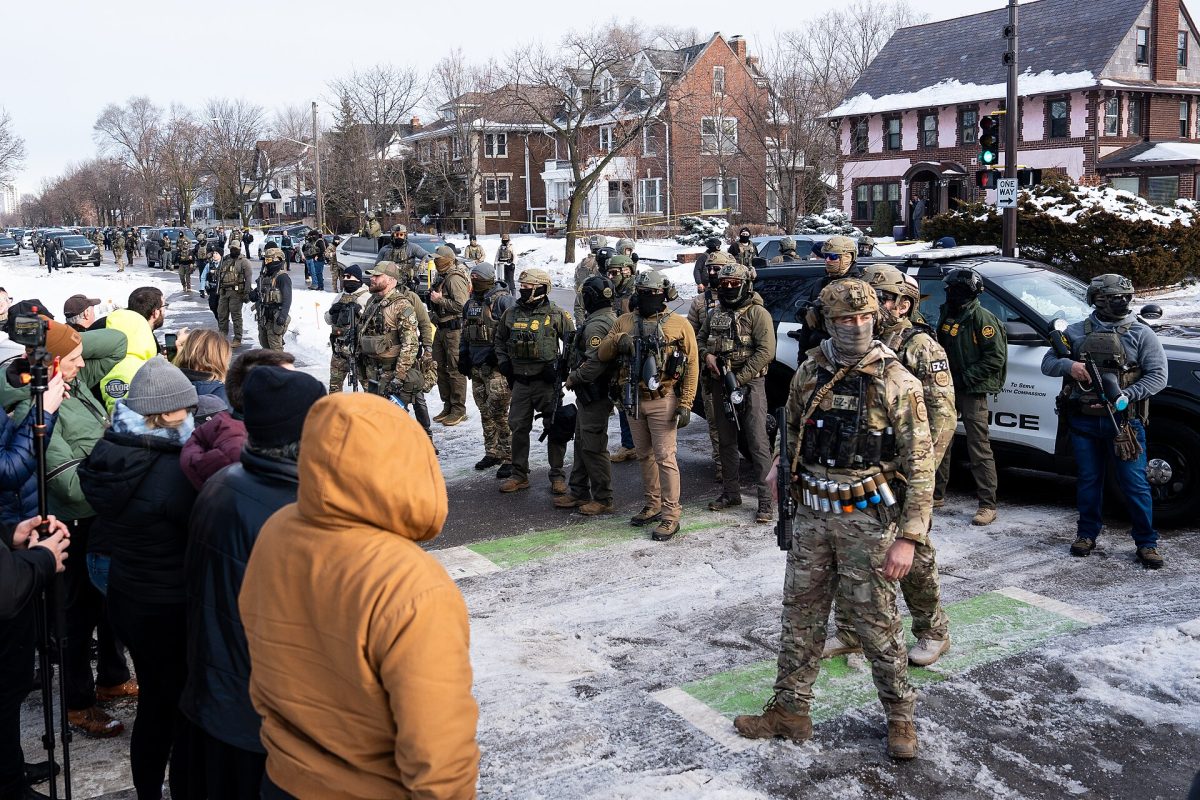To be sure: note that I trust neither the statements of the authorities nor their official statistics. I’m convinced that things are much, much worse. I present these statistics only so that you understand where “worse” begins.
According to statistics, as of June 1, 2024, 550 children in Ukraine had died during full-scale war. 1,400 children received varying degrees of injuries. More than 800 minors were deported to Russia from occupied territories.
Russian news also often features headlines about the deaths of children. After the shelling of Belgorod by the Ukrainian army in February of this year, a one-year-old child died. In May, the bodies of two dead children were recovered from the rubble of a multi-story building that was hit. That same month, a mother and her four-year-old son were killed in a Ukrainian kamikaze drone attack on a car.
Since the year 2000, the Israeli military has killed over two thousand Palestinian children. At the same time, Israelis talk about Palestinians killing Jewish children.
Violence against children. Infant mortality. Interview with the child victim of rape in Russia. Horrifying footage of sobbing children in Gaza. A father returning from war beats his son to death. Spreading these stories fuels hatred. The death of a child is something that can turn a pacifist into a cruel soldier. That’s why such news is beneficial for the government to broadcast, but not beneficial for the people dying in the trenches.
Unfortunately, news of dead children will not stop the violence. Such news only embitters the people. Cruelty leads to a prolongation of hostilities, while child mortality increases.
Does that mean we shouldn’t talk about it? Nope. But it is important to understand that when you talk about love constantly, it ceases to be something sacred and becomes ordinary. When a child’s death is adjacent to sushi commercials, you neither want to eat nor feel sympathy.
***
Tired of hearing about dying kids, I’d like to talk about dying parents. Frankly speaking, I don’t want to talk about death at all. I’d rather tell you about my last date and why I don’t use almond-scented soap anymore. But something tells me that talking about serious topics in wartime will be more useful. So, I want to tell my friend’s story, which makes me feel like a vulnerable child myself.
My friend has been in Europe for several months now. He is one of the lucky guys who managed to escape from Ukraine, despite the gender-based ban on leaving. But the feeling of relief did not last long. First, Europe returned to discussing the topic of Ukrainian men. A Polish politician suggested sending us back to Ukraine. Lithuania supported the proposal in public space. German politicians announced that they would discuss it, but neither my friend nor I heard the results of the discussion because his dad had a stroke.
While big companies are still arguing about the effectiveness of remote work, my friend did everything possible to arrange treatment for his dad remotely. I witnessed this process, and therefore now nothing will convince me that remote work is not effective. Still, this has limitations. For example, you cannot hug your loved one who, at the moment, needs it more than anything.
People become weaker when they are sick. In their weakened state, patients often want to hide in a room with the curtains drawn and wait out the illness alone. If no one is around, the illness is likely to last longer and be more difficult to tolerate. Yep, the presence of loved ones is a cure-all medicine, but in wartime this medicine is not available to everyone.
Now my friend asks me not to speak to him in a foreign language. When I’m abroad I spend a lot of time learning the language, but now my friend is pissed off at me about it. Before this incident, I knew practically nothing about strokes. Doctors said that, judging by the test results, this was his dad’s fourth attack. A stroke occurs due to poor circulation in the brain. People who have had a stroke lose some parts of their body. The ability to speak can be lost or deteriorate. The patient may forget how to write or read. All this happened to my friend’s dad. Now my friend asks me not to speak a foreign language to him until I can speak fluently because it reminds him of his dad, who now speaks at a speed of 10 words per minute.
Imagine you have to rescue a family member from a burning house. At the same time, you don’t know where the exit is, and all communication passes through a phone with a poor connection. 10 words per minute is torture in such circumstances. It’s worth talking for a few minutes with such a person, and it will begin to seem that the person himself does not want to be saved. The pettiest thing is that you cannot enter that burning house not because you are afraid of burning with it, but because your state will immediately punish you for it. The same state that received support from the European Union and the United States. The same state whose methods cannot be questioned, because it fights for democracy through authoritarian means.
Some doctors said that they could no longer help. Others asked for more money per month than my friend’s annual income. And he managed everything – the hospital was found. Procedures started. The speech therapist was kind. Medicine on the side table. Of course, all this required money. To complicate the situation, his dad had lost the ability to count. He literally couldn’t pay for anything because he couldn’t count the money. Against this background, total distrust arose. It seemed to the patient that everyone wanted to deceive him. He became aggressive. The man needed a loved one nearby, but he was given a sedative.
Infant mortality is certainly scary, but this does not mean that the death of an adult is not. The doctors said that my friend’s dad would recover, but no one could say to what extent. The nurses shared observations regarding his speech. They said that the extent to which he regained speech over the next 6 months would likely be his new norm. When the Baltic countries announced that Ukrainian guys should be encouraged to return to Ukraine by canceling their work permits, my friend’s dad could already speak 22 words per minute.
Now it is not uncommon for strokes to occur in 30-year-olds. Moreover, on YouTube I saw an interview with a girl who was 5 years younger than me and who had already suffered a stroke. There I also saw an interview with a young guy to whom the same thing happened. From these videos, I learned that after a stroke a person is literally locked in a body that no longer act as expected, while some brain activity remains normal. The person understands everything, but cannot say anything. Can’t move. Pisses his pants. Can’t count money to pay the speech therapist.
Smoking can cause strokes. As well as a diet lacking fruits and vegetables. Or the excessive stress in which we have all been living under for 2 years due to the war and forced emigration.
We treat our relatives remotely not because of Russia. We would brave missiles to treat them. We cannot do this because of the Ukrainian authorities, who will send us to war before we cross the threshold of our home.
“By the way, dad, it might happen that Ukraine blocks guys’ bank cards,” My friend says on the phone. “Don’t worry, we can still treat you. The main thing is just do not worry.”
Yep, we treat our relatives remotely. We read news about dying kids. About the fact that Ukrainian guys won’t be sent back to Ukraine today, but might in the future. About the fact that the stroke became a younger person’s ailment. About whether remote work is effective.
Yes, we are forced to treat our relatives remotely. But are we really going to bury them online too?
This piece is a part of a series, The Mining Boy Notes, published on Mondays and authored by Ilya Kharkow, a writer from Ukraine. For more information about Ilya, see his website. You can support his work by buying him a coffee.




